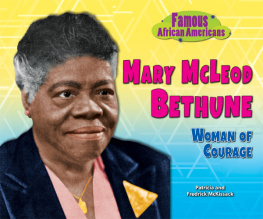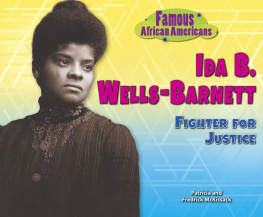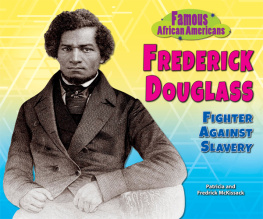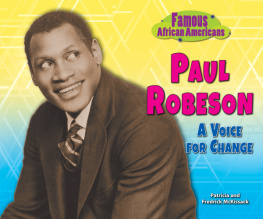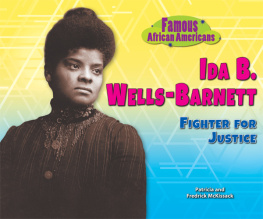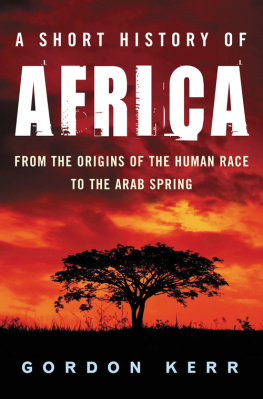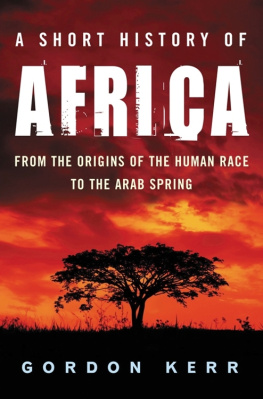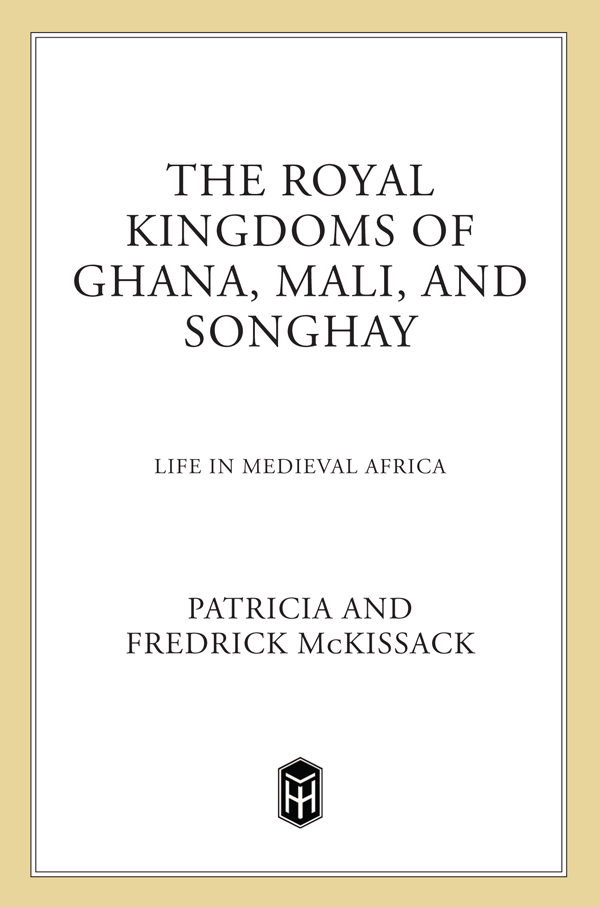Contents
Guide

The author and publisher have provided this e-book to you for your personal use only. You may not make this e-book publicly available in any way. Copyright infringement is against the law. If you believe the copy of this e-book you are reading infringes on the authors copyright, please notify the publisher at: us.macmillanusa.com/piracy.
To all the African-American poets
who helped us remember
Phillis Wheatley, To the Right Honorable William, Earl of Dartmouth
Paul Laurence Dunbar, Ode to Ethiopia
Countee Cullen, Heritage
Langston Hughes, The Negro Speaks of Rivers
Robert Hayden, Middle Passage
Maya Angelou, Family Affairs
If you wish to know who I am,
If you wish me to teach you what I know,
Cease for the while to be what you are
And forget what you know.
Tierno Bokar, the sage of Bandiagara
For countless generations, people have lived in the Sudan, the fertile strip of land just below the Sahara Desert that stretches from the Red Sea on the east to the Atlantic Ocean on the west. They have cleared the land, built their homes, and farmed in the savanna, where six- to seven-feet-high elephant grass sways in the hot, dusty breezes. Once they also hunted water buffalo, wild hogs, and antelope. They harvested wood from the mahogany, obechem, and sapele trees that grew there, and crafted exquisite pieces of art. They mined gold and iron ore and shaped it into tools and weapons. They traded gold, copper, and salt in cosmopolitan cities such as Timbuktu, Jenne, and Gao, and scholars studied and worshiped at mosques designed by famous architects. They sailed along slow-moving rivers, where venerable crocodiles watched and waited in solemn silence. And children gathered to hear the village storyteller teach them important lessons through stories about snakes, leopards, monkeys, and hyenas.
The Arabs called the land Bilad al-Sudan, which means Land of the Blacks. One important group of people who lived in the Western Sudan were Mande-speakers. Mande is not a single language. Instead, it refers to a group of West-African languages, in the same way the term Romance languages covers all those European tongues derived from Latin. Mande is also the general name of the culturethe way people live, work, eat, dress, and govern themselvescommon among the many people who share the same language.
Major Groups of
Mande-speaking People
MandinkaMendeSusuSoninkeDialonkeBambaraDyula
Major Soninke Clans
DrameKanteSisseSylla
Long ago the grasslands provided good grazing for the Mande herds of cattle, but the Sahara Desert has been slowly expanding inch by inch, pushing southward for centuries. A dry belt located along the fringes of the Sahara is called Sahel (Sahil) by the Mande people who live there. Sahel means shore in Arabic, and the region is like the shoreline of the desert sea. Today green pastureland has dried up and turned to sandy plains, and the land provides little support to the herders, who can barely scratch out an existence in the semi-arid climate. Each day is a test of their survival.
Though the weather and the ever-expanding desert make life difficult, they have not diminished Mande pride in their long and glorious histories. They are a proud people, who know of a time when the great trading empires of Ghana, Mali, and Songhay flourished in their homeland.
The Sudan is also the name of a modern country in East Africa; this book focuses on the geographical region called the Western Sudan, which has nothing to do with that nation.
There is the kingdom of Ghana. [The] king is mighty and in his land are gold mines. Under his authority are various other kingdomsand in all of this region there is gold.
al-YaQubi, tenth-century geographer
The first of the great Western Sudanese empires to emerge was Ghana, peopled by a Mande-speaking group called the Soninke or Sarakulle.
The oldest account of Ghanas origin is contained in the Soninkes oral tradition.
Soninke oral history, like that of most African cultures, has been passed from one generation to another by bards, or griots (GREE-ohs). For centuries the griots have combined history, music, poetry, dance, and drama to entertain and teach their audiences. They can be compared with the ancient Greek bards, like Homer, who were fascinating storytellers but so much more. Before the Soninke had a written language, the griots were the historians, the keepers of memories. Every village had a griot, and so did every clan. The royal family and other important families sometimes hired a personal griot to record their actions. Griots kept mental records of all memorable eventsfeasts and ceremonies, royal coronations, births, deaths, marriages, victories, and defeats. Some of their presentations were as long and artful as The Iliad and The Odyssey.
According to legend, Gassire was the first griot from whom all other Soninke griots are descended. He invented the pui, which is a poem about a hero, also called a praise-song.
One of the first stories a Soninke griot learns is the pui of Gassire. The story tells of a guinea hen who laid several large and beautiful eggs. While she was away, a fat snake came and ate her eggs. The hen was so angry, she declared war on the snake. To bolster her courage, she sang a song about what she was going to do. The hen defeated the snake, then flew to a tree to sing about her deeds. People say that Gassire heard the hens victory song and learned it.
Historians believe this pui is a mythological retelling of Ghanas origin. The hen represents the early Soninke people who overthrew an enemy who was more powerful.
In more modern times, some of the Soninke oral histories have been written down. One collection of stories that dates back to the founding of Ghana is called The Dausi. It describes the rise and fall of four Soninke kingdoms known collectively as Wagadu.
Ghana, which means warrior-king, was one of the many titles of the Soninke rulers. Over time, outsiders began to refer to the king and the land as Ghana. Before that, the Soninke called their homeland Wagadu, which means place of herds.
The Dausi describes the four great city-states of Wagadu. Dierra was the first and strongest to emerge. Agada was the second. Ghana was the third and most well known, and the fourth was Silla, a city-state on the west bend of the Senegal River, upstream of Tarkur, about in the location of present-day Bakel.
Here is an excerpt from The Dausi:
Four times
Wagadu rose.
A great city, gleaming in the light of day.
Four times
Wagadu fell
and disappeared from human sight.
Once through vanity.
Once through dishonesty.
Once through greed.
Once through discord.
Four times
Wagadu changed her name.
First she was Dierra,
then Agada,
then Ghana,
then Silla.
The story about the first ruler of Wagadu is also contained in The Dausi. His name was Dinga, the first of the Ghanas.
Dinga was, by all accounts, a ruler of impeccable character. He won many battles and rid the land of goblins. After Dinga slew the powerful goblin leader, he married the goblins three lovely daughters and fathered many children. All the different Soninke clansthe Sisse, Kante, Sylla, and otherstrace their ancestry to Dingas sons and daughters.
Dingas rule was long and prosperous, but as he grew older the king became obsessed with who would succeed him. He adored all of his children, but his eldest son, Khine, was his favorite. Dinga wanted his power to pass to Khine, but it was not Dingas right to choose. The Soninke at this time were most probably a matrilineal society. If so, the line of sucession would have passed through the kings sister.




